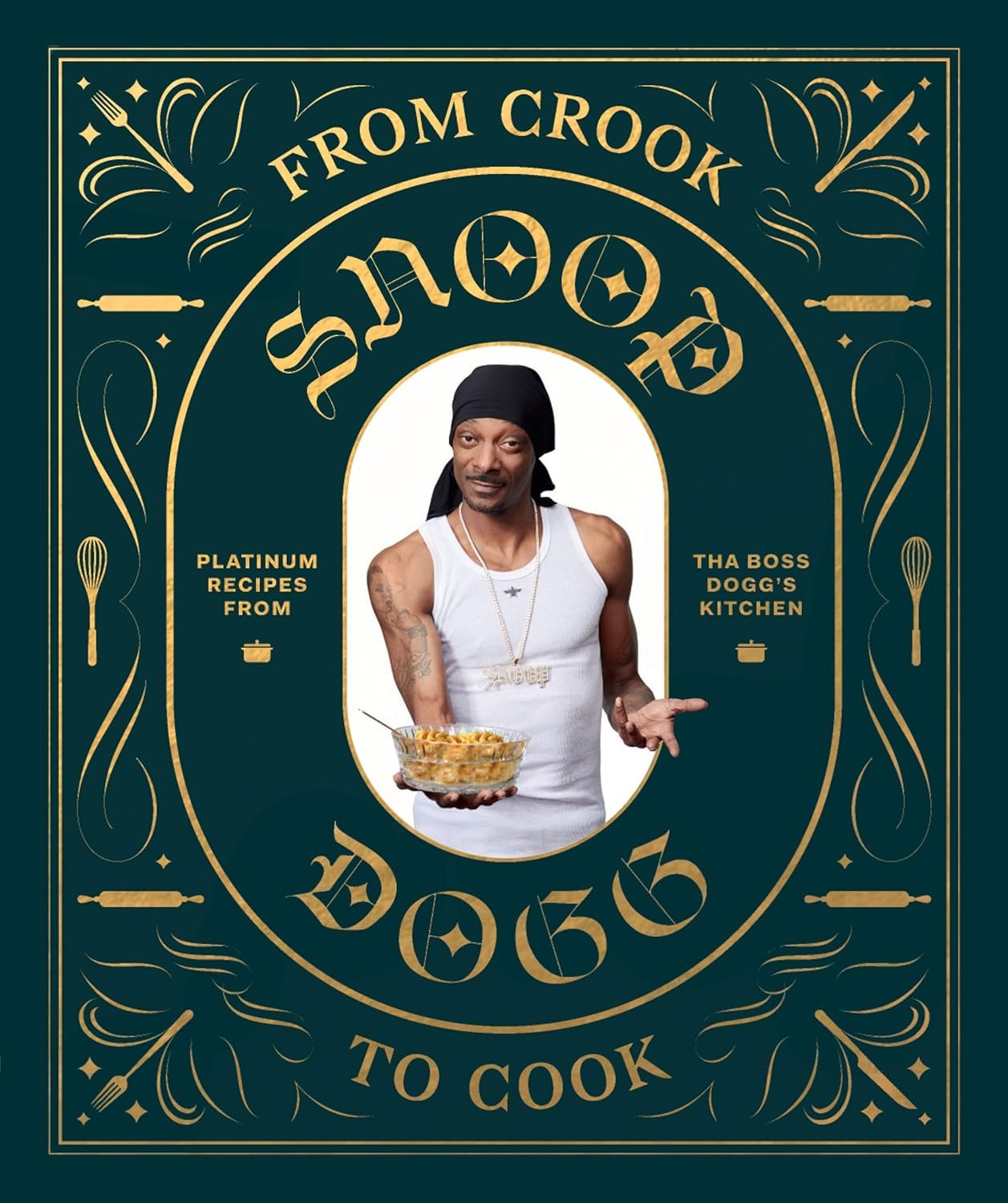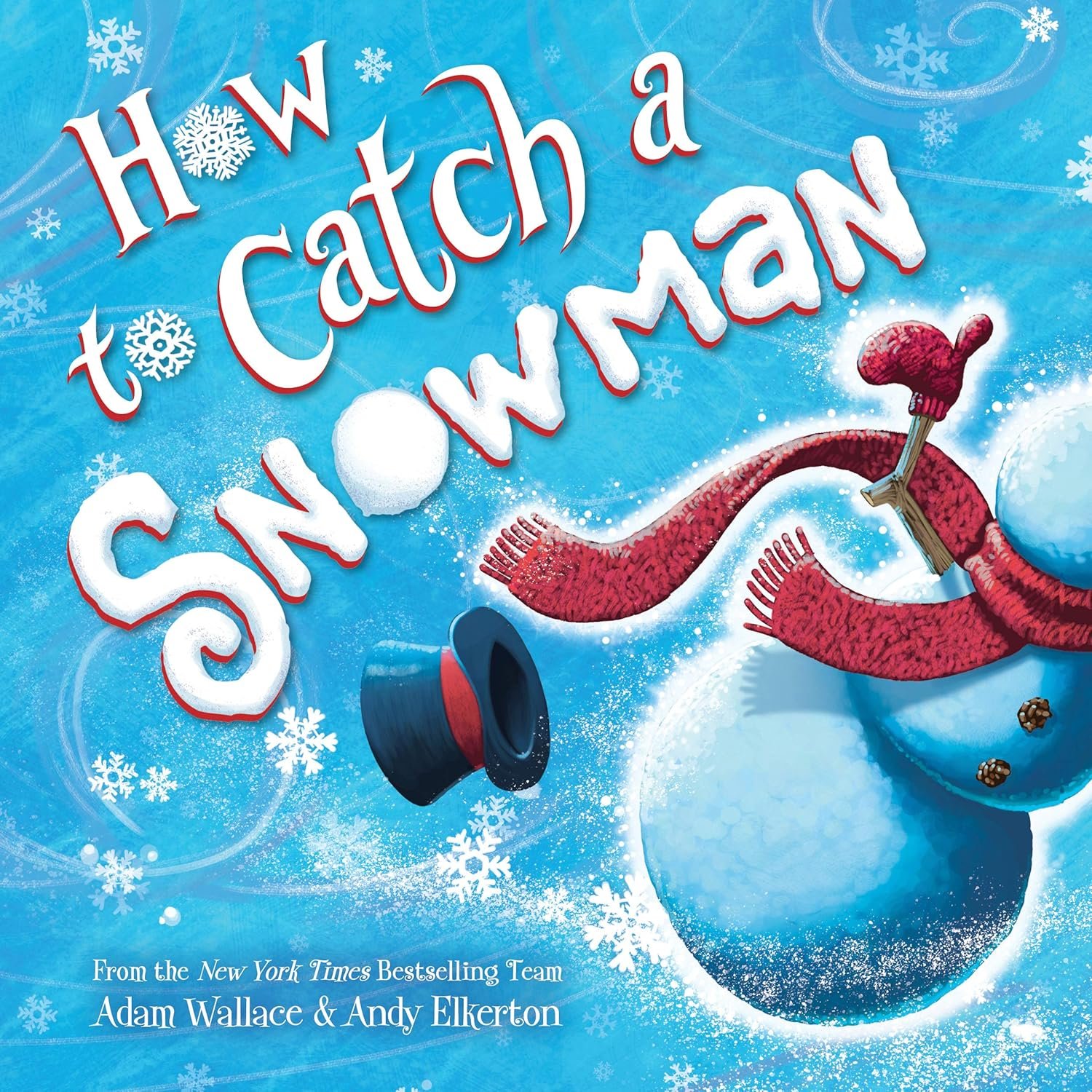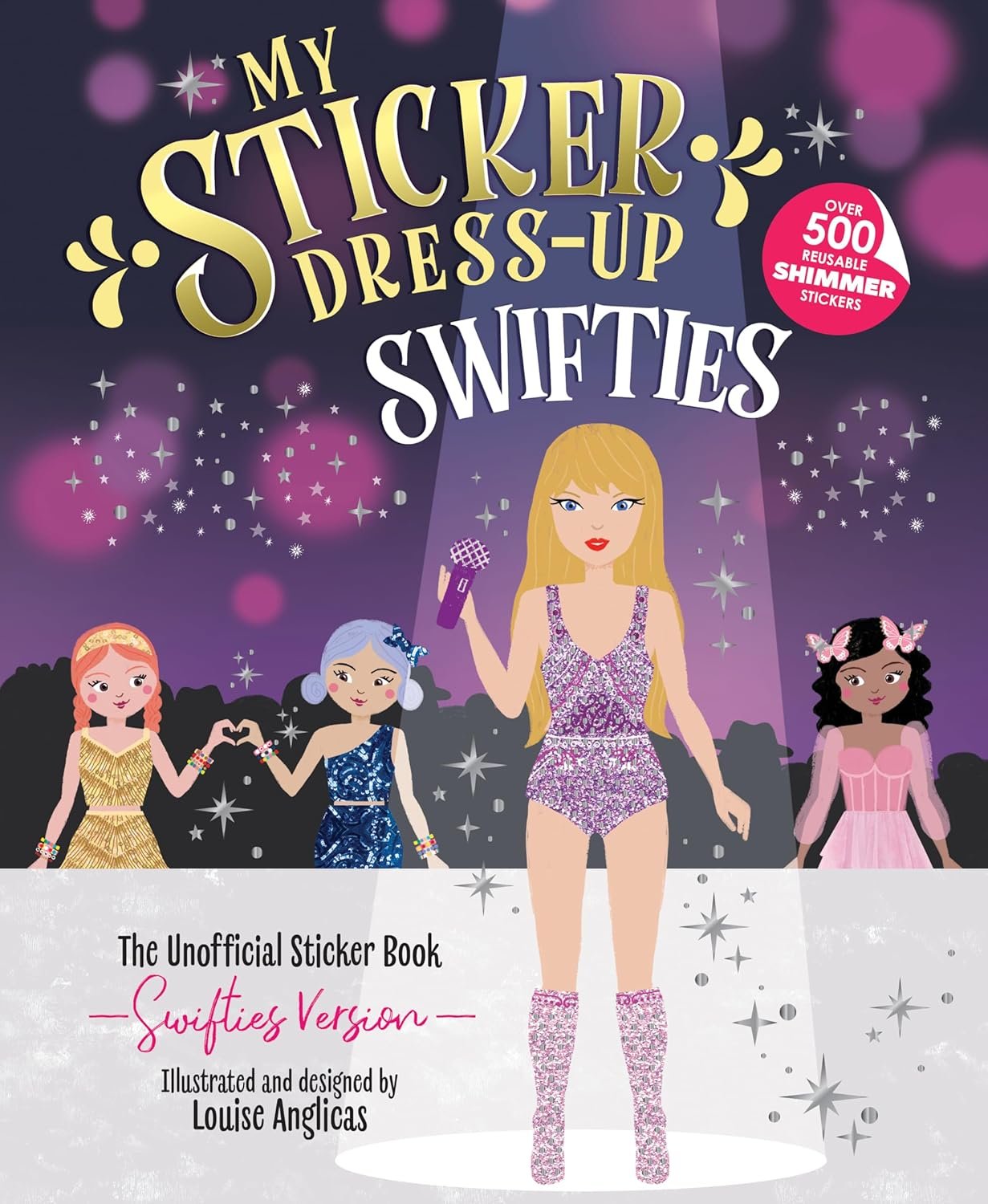Each step toward the central mound had Celaena’s blood roaring. e darkness between the stained, ancient stones grew, swirling. It was colder, too. Cold and dry.
She wouldn’t stop, not with Rowan still watching, not when she had so much to do. She didn’t dare look too long toward the open doorway and the thing lurking beyond. A lingering shred of pride—stupid, mortal pride—kept her from bolting through the rest of the eld. Running, she remembered, only attracted some predators. So she kept her steps slow and called on every bit of training she’d had, even as the wight slunk closer to the threshold, no more than a ripple of ravenous hunger encased in rags.
Yet the wight remained within its mound, even as she came near enough to drag into the barrow, as if it were . . . hesitating.
She was just passing the barrow when a pulsing, stale bit of air pushed against her ears. Maybe running was a good idea. If magic was the only weapon against wights, then her hands would be useless. Still, the wight lingered beyond the threshold.
e strange, dead air pushed against her ears again, a high-pitched ringing wending itself into her head. She hurried, grass crunching as she gathered every detail she could to wield against whatever assailant lurked nearby. Treetops swayed in the misty breeze on the other end of the eld. It wasn’t far.
Celaena passed the central mound, cracking her jaw against the ringing in her ears, worse and worse with each step. Even the wight cringed away. It hadn’t been hesitating because of her, or Rowan.
e circle of dead grass ended a few steps away—just a few. Just a few, and then she could run from whatever it was that could make a wight tremble in fear.
And then she saw him. e man standing behind the barrow.
Not a wight. She glimpsed only a ash of pale skin, night-dark hair, unfathomable beauty, and an onyx torque around his strong column of a neck, and—
Blackness. A wave of it, slamming down on her.
Not oblivion but actual dark, as if he’d thrown a blanket over the two of them.
e ground felt grassy, but she couldn’t see it. Couldn’t see anything. Not beyond, not to the side, not behind. ere was only her and the swirling black.
Celaena crouched, biting down on a curse as she scanned the dark. Whatever he was, despite his shape, he wasn’t mortal. In his perfection, in those depthless eyes, there was nothing human.
Blood tickled her upper lip—a nosebleed. e pounding in her ears began to drown out her thoughts, any plan, as if her body were repulsed by the very essence of whatever this thing was. e darkness remained, impenetrable, unending.
Stop. Breathe.
But someone was breathing behind her. Was it the man, or something else?
e breathing was louder, closer, and a chill air brushed her nose, her lips, licking along her skin. Running—running was smarter than just waiting. She took several bounding steps that should have taken her toward the edge of the eld, but—
Nothing. Only endless black and the breathing thing that was closer now, reeking of dust and carrion and another scent, something she hadn’t smelled for a lifetime but could never forget, not
when it had been coating that room like paint.
Oh, gods. Breath on her neck, snaking up the shell of her ear.
She whirled, drawing in what might very well be her last breath, and the world ashed bright. Not with clouds and dead grass. Not with a Fae Prince waiting nearby. e room . . .
is room . . .
e servant woman was screaming. Screaming like a teakettle. ere were still puddles just inside the shut windows—windows Celaena herself had sealed the night before when they’d been apping in the swift and sudden storm.
She had thought the bed was wet because of the rain. She’d climbed in because the storm had made her hear such horrible things, made her feel like there was something wrong, like there was someone standing in the corner of her room. It was not rain soaking the bed in that elegantly rugged chamber at the country manor.
It was not rain that had dried on her, on her hands and skin and nightgown. And that smell—not just blood, but something else . . . “ is is not real,” Celaena said aloud, backing away from the bed on which she was standing like a ghost. “ is is not real.”
But there were her parents, sprawled on the bed, their throats sliced ear to ear.
ere was her father, broad-shouldered and handsome, his skin already gray.
ere was her mother, her golden hair matted with blood, her face . . . her face . . .
Slaughtered like animals. e wounds were so vulgar, so gaping and deep, and her parents looked so—so—
Celaena vomited. She fell to her knees, her bladder loosening just before she vomited a second time.
“ is is not real, this is not real,” she gasped as a wet warmth soaked her pants. She couldn’t breathe, couldn’t breathe, couldn’t—
And then she was pushing to her feet, bolting away from that room, toward the wood-paneled walls, through them like a wraith herself, until—
Another bedroom, another body.
Nehemia. Carved up, mutilated, violated and broken.
e thing lurking behind her slid a hand over her waist, along her abdomen, pulling her back against its chest with a lover’s gentleness. Panic surged, so strong that she slammed her elbow back and up—hitting what felt like esh and bone. It hissed, releasing her. at was all she needed. She ran, treading through the illusion of her friend’s blood and organs, and then—
Watery sunlight and dead grass and a heavily armed silver-haired warrior whom she sprinted toward, not caring about the vomit on her clothes, her soiled pants, the gasping, shrieking noise coming out of her throat. She ran until she reached him and fell to the green grass, gripping it, shredding it, retching even though she had nothing left in her but a trickle of bile. She was screaming or sobbing or not making any sound at all.
en she felt the shift and the surge, a well opening beneath her stomach and lling with burning, relentless re.
No. No.
Agony cleaved her in a pulse, her vision jumping between crystal clarity and the muted eyesight of mortals, her teeth aching as the fangs punched out and retracted, ebb and ow, immortal and mortal, mortal and immortal, shifting as fast as a hummingbird’s apping wings—
With each shift, the well deepened, that wild re rising and falling and reaching up, up . . .
She really did scream then, because her throat burned, or maybe that was the magic coming out, at last unleashed.
Magic—
•
Celaena awoke under the canopy of the forest. It was still daylight, and from the dirt on her shirt and pants and boots, it seemed like Rowan had dragged her here from the barrows.
at was vomit on her shirt and pants. And then there was . . . She’d wet herself. Her face heated, but she shoved away the thoughts about why she had pissed herself, why she had hurled her guts up. And that last thought, about magic—
“No discipline, no control, and no courage,” came a growling voice.
Head throbbing, she found Rowan sitting on a rock, his muscular arms braced on his knees. A dagger hung from his left hand, as if he’d been idly tossing the damn thing in the air while she lay in her own lth. “You failed,” he said atly. “You made it to the other side of the eld, but I said to face the wights—not throw a magical tantrum.”
“I will kill you,” she said, the words raw and gasping. “How dare—”
“ at was not a wight, Princess.” He icked his attention toward the trees beyond her. She might have roared about using speci cs to escape his bargain to bring her to Doranelle, but when his eyes met hers again, he seemed to say, at thing should not have been there.
en what in hell was it, you stupid bastard? she silently shot back.
He clenched his jaw before he said aloud, “I don’t know. We’ve had skinwalkers on the prowl for weeks, roaming down from the hills to search for human pelts, but this . . . this was something di erent. I have never encountered its like, not in these lands or any other. anks to having to drag you away, I don’t think I’ll learn anytime soon.” He gave a pointed look at her current state. “It was gone when I circled back. Tell me what happened. I saw only darkness, and when you emerged, you were . . . di erent.” She dared a look at herself again. Her skin was bone-white, as if the little color she’d received lying on those rooftops in Varese had been leeched away, and not only by fright and sickness.
“No,” she said. “And you can go to hell.” “Other lives might depend on it.”
“I want to go back to the fortress,” she breathed. She didn’t want to know about the creatures or about the skinwalkers or about any of it. Each word was an e ort. “Right now.”
“You’re done when I say you’re done.”
“You can kill me or torture me or throw me o a cli , but I am done for today. In that darkness, I saw things that no one should be able to see. It dragged me through my memories—and not the decent ones. Is that enough for you?”
He spat out a noise, but got to his feet and began walking. She staggered and stumbled, knees trembling, and kept moving after him, all the way into the halls of Mistward, where she angled her body so that none of the passing sentries or workers could see her soiled pants, the vomit. ere was no hiding her face, though. She kept her attention on the prince, until he opened a wooden door and a wall of steam hit her. “ ese are the female baths. Your room is a level up. Be in the kitchens at dawn tomorrow.” And then he left her again.
Celaena trudged into the steamy chamber, not caring who was in there as she shucked o her
clothes, collapsed into one of the sunken stone tubs, and did not stir for a long, long while.





